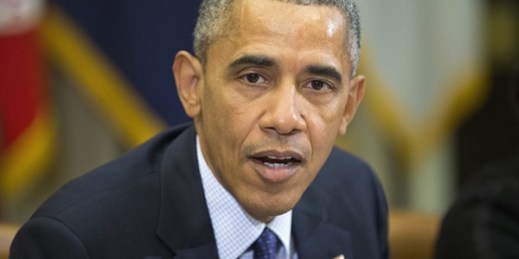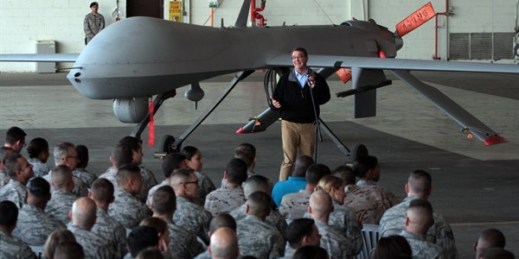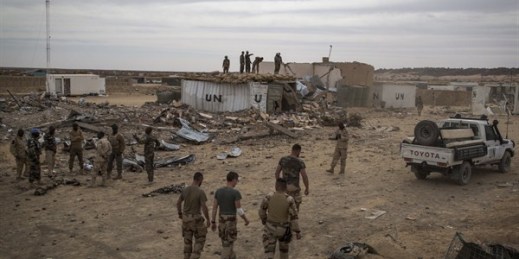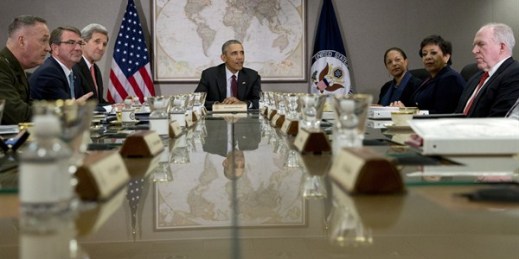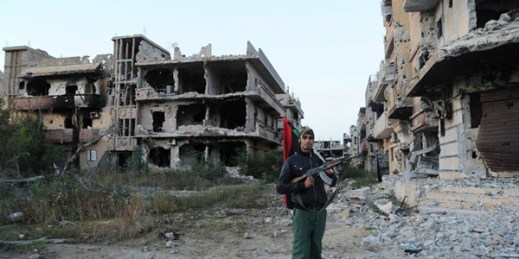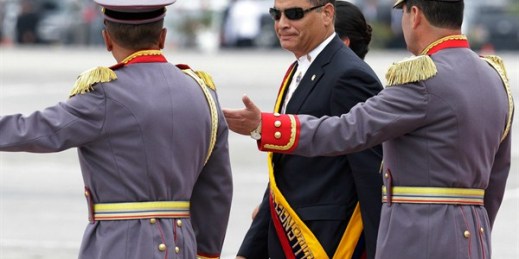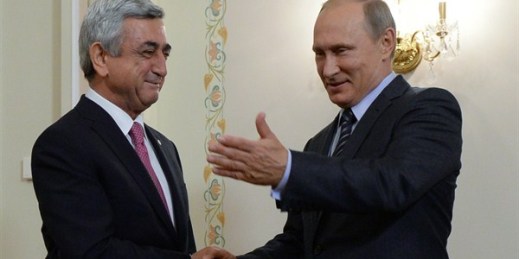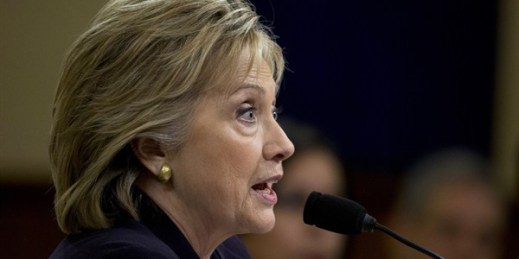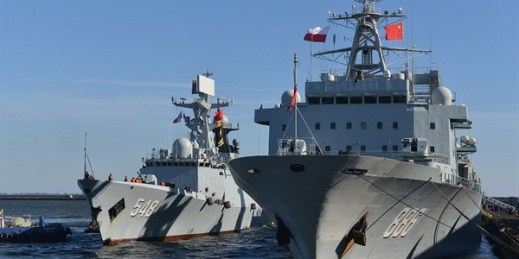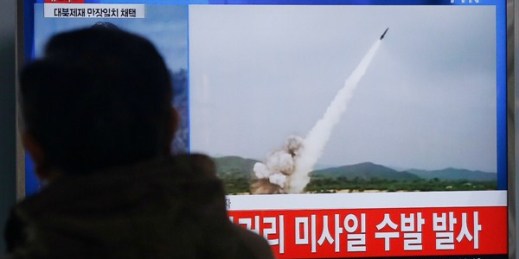
North Korea’s recent provocations—a nuclear test in January and a missile test, under the guise of a peaceful satellite launch, a month later—have pressed the United States, along with its key regional allies, South Korea and Japan, into recalibrating Washington’s failed policy of so-called strategic patience with Pyongyang. Concerns about North Korea’s aggressive behavior coupled with ineffective responses thus far have prompted Washington, Seoul and Tokyo to stress that there can be no more maintenance of the status-quo when it comes to deterrence. In addition to seeking new and more-robust sanctions at the United Nations Security Council, one of the […]

